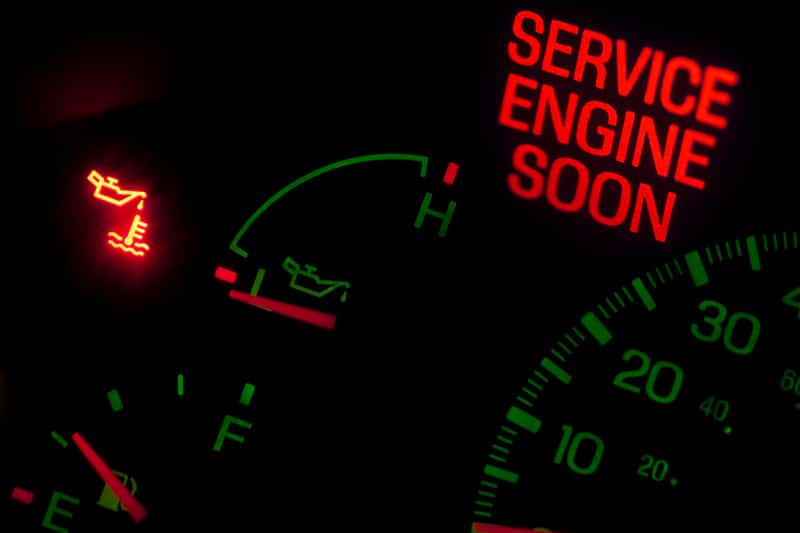Easy to diagnose reasons why your car won’t start
When you slide into your car, press the ignition button and the car won’t start, it can cause both inconvenience and frustration. There are several reasons why your car won’t start. Before you call for help, there are certain things you can check yourself. To begin with, just check if the fuel tank is empty and the steering wheel is not locked. If none of this helps, check out the following possibilities:
Battery issues
The most common reasons behind a car not starting are dead or faulty battery. If you turn on the ignition, and the car makes a clicking sound but does not start, it indicates a possible battery problem. Your car battery may die or go flat if you leave something electrical switched on in the car and they run the battery down. It may also happen if the car has not been driven for a long time or one of the battery components is faulty. Corrosion on the battery can also cause problems.
You may try to check and clean the battery posts and try to start the car. Your car may start with a jump-start, but you will have to get it checked by a mechanic to find out the exact problem and replace the battery if needed.
Electrical and wiring problems
The problems with battery cables, body control unit or fuse box may prevent the car from starting. If you hear a grinding sound during cranking, it could be due to electrical issues such as a faulty flywheel ring gear or bad starter. If the car is old and has clocked high mileage, it is more likely that the fault is with the electrical system.
Bad ignition coil
The ignition coil converts the battery’s voltage into electric spark. When the ignition coil gets damaged, there won’t be enough current running through the coil. This will prevent the car from starting.
Failed timing belt
The role of the timing belt is to open and close the engine valves at proper time interval so that the pistons and valves never come in contact. A bad timing belt can cause irreparable engine damage and you may have to replace the engine. It is important that the timing belt is changed at the prescribed time based on mileage, which may vary slightly across manufacturers. Usually, it is recommended that the timing belt be replaced every five years or 60,000 miles whichever is earlier. Although not a common reason for a car not starting, it is certainly a possibility.
Clogged fuel filter
When the fuel filter is clogged, it will prevent enough fuel from reaching the engine. If your car is not starting due to a clogged fuel filter, you will likely need to replace the fuel filter.
Alternator issues
The alternator is responsible for supplying the electricity needed to operate heating, radio and lights and to charge the battery. Issues with alternator belt or the wiring could be the reason why your car won’t start.
Starter motor problems
A lot of times cars don’t start because of a problem with the starter motor. The starter motor is an electric motor that cranks the engine to start. If you turn on the car key and head a loud click, it could be due to a faulty starter motor. Other problems with the starter motor can be the loss of teeth on the engine’s flywheel or starter’s drive gear.
Bad ignition switch
The ignition switch sends power to the engine controls, ignition controls and the starter motor. If the ignition switch fails to work correctly, these systems will not receive the power they need to start up. If your car battery is working properly (headlights are turning on), but the car won’t start, you might have a problem with the ignition switch.
There could be several other reasons why your car won’t start. If your car won’t start, don’t keep turning the key repeatedly as this could cause damage. It is best to ask a mechanic for help.


